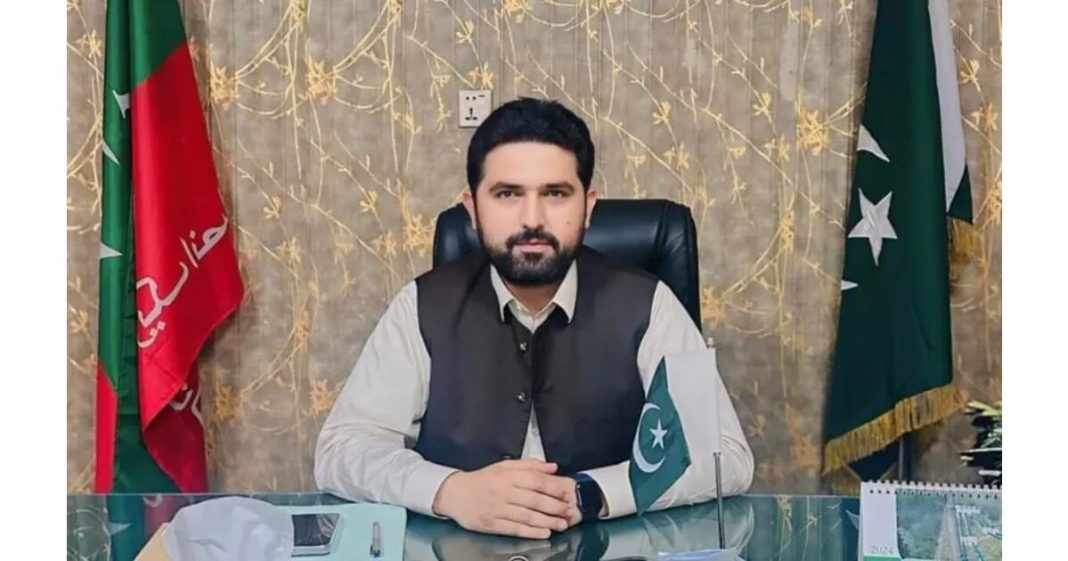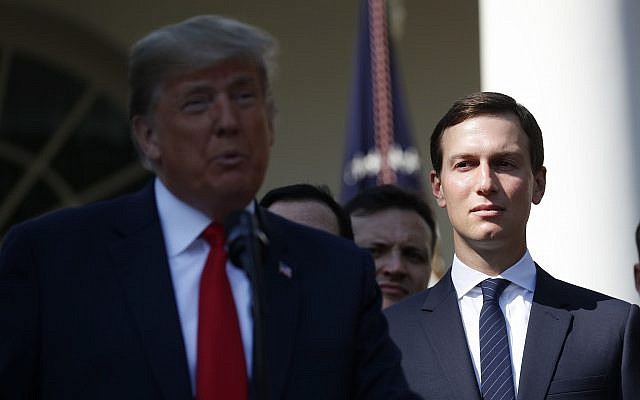What’s happening in Khyber Pakhtunkhwa doesn’t feel like routine politics; it feels like a hinge in history. An ordinary PTI worker from a poor family in the FATA tribal belt, Sohail Afridi, has just been elected chief minister of KP. Read that again and let it land. This is the sort of moment we talk about for years, the kind that tells a whole country its story is bending in a new direction.
We love to measure achievement in big, shiny milestones, such as missile ranges, hospitals, and trophies. But the real test of greatness is whether it outlives the person who sparked it. That’s why I’ve always believed Dr. Abdul Qadeer Khan’s greatest achievement wasn’t simply building nuclear capability or making our defenses formidable.
His real triumph was building an ecosystem, thousands of scientists, engineers, and technologists, able to carry the mission forward without him. He didn’t just deliver a program; he created a living engine of innovation that keeps humming when the founder steps out of the room.
Imran Khan’s Legacy: Building Citizens, Not Followers
Imran Khan’s legacy makes sense through that same lens. Yes, he lifted the World Cup in ’92. Yes, he built cancer hospitals that treat people for free, and launched a university so kids without privilege could still dream in high definition. Yes, he formed a party and reached the Prime Minister’s office. Those achievements matter.
The General’s Gambit: How One Move by Imran Khan in KP Checkmated Military Establishment
Pakistan’s story since 1958 reads like a long shadow cast over a newborn democracy. The first martial law didn’t just interrupt civilian life; it rewired the system so thoroughly that the… pic.twitter.com/hJAJZhq1U5
— Asad Faizi (@asadfaizi) October 12, 2025
But to me, they aren’t the summit. His greatest achievement has been internal and contagious: he changed how ordinary Pakistanis think about themselves. He infused self-respect and dignity. He convinced people that Pakistan is their country, that decisions about its future belong to them, not to a handful of generals behind closed doors. And then he went further and seeded leadership at scale, more than ten thousand young Pakistanis trained, encouraged, and empowered to lead. Institutions are powerful, but citizens who know their worth are unstoppable.
A Grassroots Revolution in KP
That’s why KP feels like the first true harvest of a long, stubborn struggle. For over two years and three months, Imran Khan has been behind bars, his voice stifled, his name scrubbed from screens and print. And yet, a decision about KP was made, and the youth of KP carried it across the line. No teleprompters, no nightly rallies, no wall-to-wall coverage. They organized, they held their nerve, and they delivered.
Imran’s choice for chief minister was a young man from a poor tribal family, the kind of profile that has historically stood outside the gates of power. Now he’s inside, leading. It is, as far as I can remember, the first time someone from Pakistan’s tribal areas has taken the helm of KP. That’s not a statistic; that’s a signal. It tells every kid from every forgotten place that the map just changed.
And let’s be honest: this wasn’t supposed to happen. The military establishment and its caretakers made it abundantly clear, through briefings, pressers, and a steady drumbeat of TV talking points, that they would not allow Sohail Afridi to become chief minister, come what may. The threats were open, the smokescreens were thick, and the old machinery whirred into motion. But the effect was the opposite of what they intended. It galvanized people.
Read more: Trump-Netanyahu Peace Proposal is a Trap? Doomed to Fail?
It mobilized the youth of KP, the PTI rank and file, the tribal communities, and the common citizens who are simply tired of having their choices pre-edited. When the dust settled, not a single member of the KP assembly flipped. No amount of money, pressure, or dangling of power could pry them loose. In a political culture where last-minute “adjustments” are practically a tradition, that steadfastness is revolutionary.
The Awakening of a Generation
This is what a people’s awakening looks like in real time. It isn’t fireworks; it’s discipline. It isn’t viral slogans; it’s refusal; refusal to be intimidated, refusal to be bought, refusal to surrender your voice because someone in a uniform says you must. That’s the revolution that’s been building for twenty-four years. It doesn’t need constant speeches to keep it warm now; it lives in the muscle memory of a generation that has decided to act like owners of the country rather than tenants.
None of this means the work is done. In a sense, the hard part starts now. Moments birth mandates; mandates demand delivery. KP will have to show that a politics rooted in dignity can also govern with competence, honesty, and speed. Services must improve, corruption must shrink, and the machinery of the state must be bent toward ordinary people’s lives; schools that teach, clinics that heal, roads that connect, police that protect. If this is truly a new era, it will be measured in clean water and functioning hospitals as much as in symbolism.
A Line Crossed, A Future Claimed
But even before we get to budgets and dashboards, let’s not lowball the significance of what just happened. A line was drawn and crossed by citizens who no longer accept that their future is decided elsewhere. The shock isn’t that a specific candidate won; it’s that the old tools didn’t work. The threats didn’t work. The narratives didn’t work. The checkbooks didn’t work. People who once flinched didn’t flinch this time. They stood. And standing changed the outcome.
Imran Khan’s true legacy was never meant to be contained within buildings or offices. It was meant to replicate, quietly at first, then suddenly everywhere, inside people. That replication is visible now, not just in KP’s chief minister’s office, but in the confidence of voters and representatives who carried a choice through a storm. If we keep going like this, if we insist on choosing our leaders, holding them accountable, and refusing to be managed, then this isn’t a one-off. It’s a beginning.
So yes, call it a watershed. Call it a dawn. Call it a long-overdue correction in the country’s story. What matters is that Pakistanis, especially the young, are acting like stakeholders. And when stakeholders move in unison, the script changes. For once, the future doesn’t feel pre-written by a few. It feels open. It feels earned. It feels ours.
The author is a Seattle-based entrepreneur, technologist, and social activist. He can be reached at LinkedIn: https://www.linkedin.com/in/asad-faizi/ or email:asadfaizi@gmail.com














